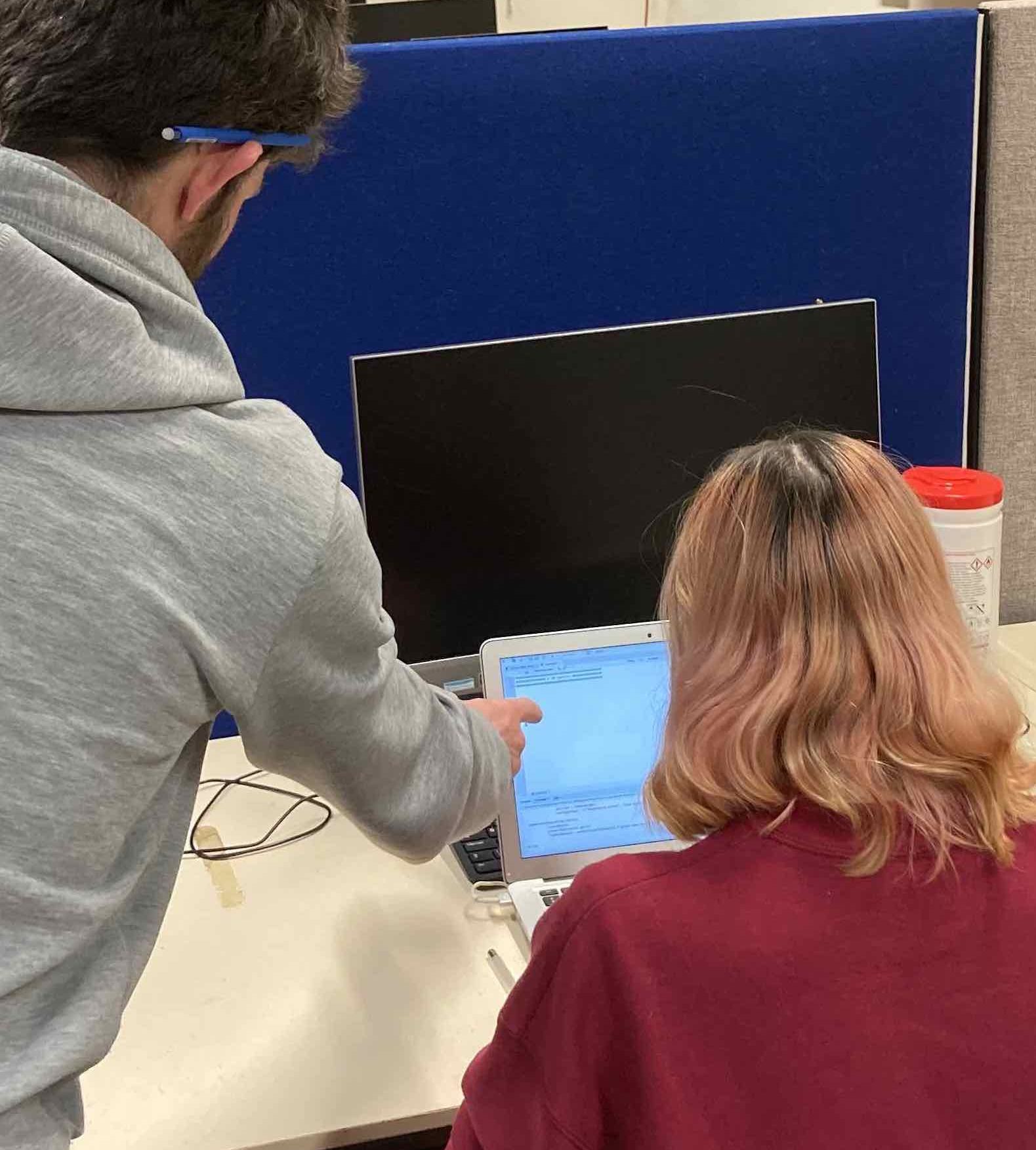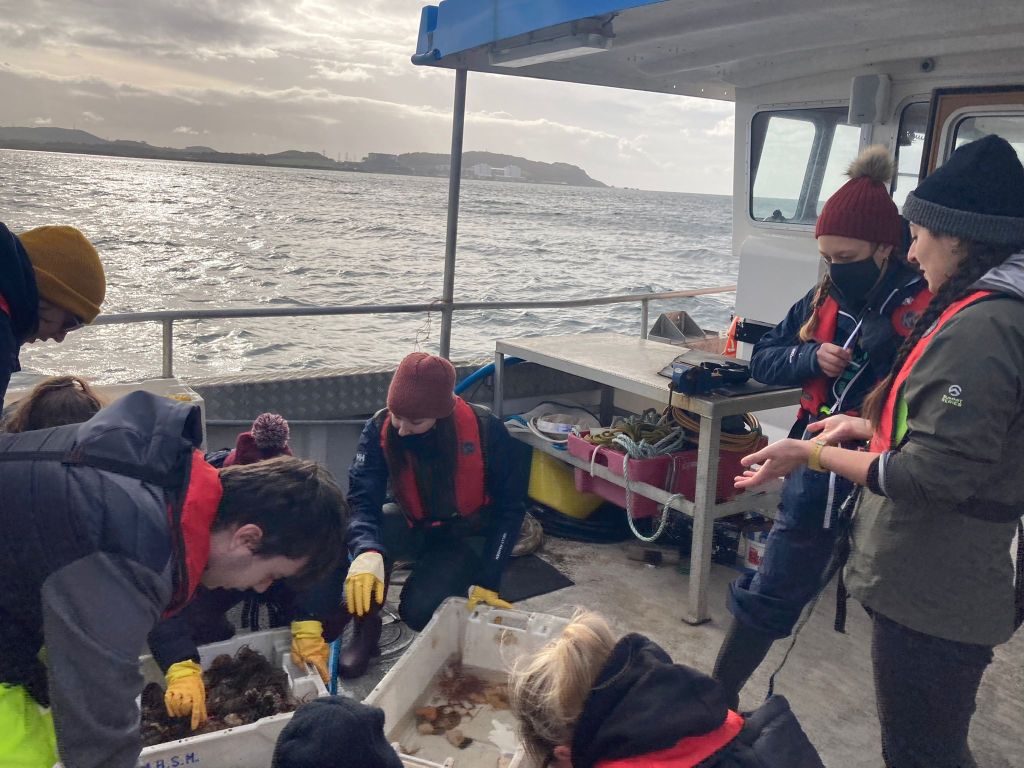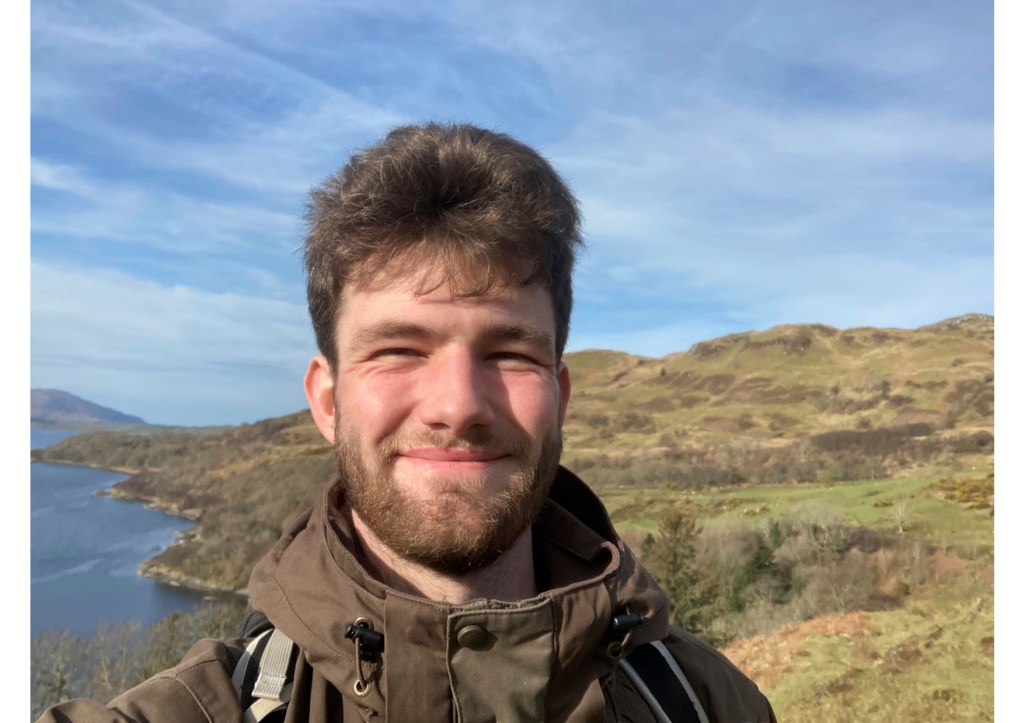Teaching assistants are seen in most labs and tutorials throughout the university. How do they find the experience of teaching?
My name is Max and I am a graduate teaching assistant (GTA) in the College of Medical, Veterinary and Life Sciences. The role of a GTA includes demonstrating to facilitate teaching sessions and helping with marking of coursework. Demonstrating typically involves being on-hand to provide assistance to students, which can include equipment troubleshooting, topic understanding, or problem solving. I have really enjoyed being a GTA – something I was not expecting when I tentatively started last year.
I was somewhat pushed into the job by financial necessity. A Master’s degree has that effect. While looking for work, the opportunity to become a GTA became apparent after a few conversations with lecturers, who also emphasised the valuable experience the role offers.
After three hours of University-wide GTA training, I applied to be a demonstrator. With my application accepted and contract signed, I could roam laboratories in a blue lab coat providing advice, hover over undergraduates to troubleshoot R studio, or just answer general questions in tutorials – provided I could find the hours, which was a small challenge in itself. Later, I signed a tutor contract, allowing me to mark.

Seven months into being a GTA, I have demonstrated in statistics and laboratory sessions, and marked reports and exam scripts. While I did not feel immediately prepared for my role, it has been a wonderful experience, providing me with many skills. My understanding of foundational statistics and utilisation of R studio have improved from teaching such topics, while I have also gained confidence in their application.
The role also has great moments, giving you a boost when you least expect it. Helping in statistical sessions can be difficult, due to technological issues and the topics being hard to grasp. However, that does not limit the ability of undergraduates to surprise you. In one tutorial, after downloading a package in R Studio manually, a disbelieving student said “woah! That was amazing; how do you even know how to do that?” It’s quite a buzz being told something you’ve done is amazing – I’ll ride that high forever.
My own experience of being a GTA led to a question – do all GTAs have similar experiences? Do they enjoy the role, undertake it for the same reasons, gain additional benefits, feel prepared for it, or have moments which stand out to them? So, I sent around a short survey to the School of Biodiversity, One Health and Veterinary Medicine and received 8 responses.
Most GTA respondents were current PhD students who are still currently working within the university. Two post-doctoral researchers also responded, who are not currently GTAs but had similar roles during their PhD. Respondent experience levels ranged from some having started the role within the last 12 months, to over three years of experience.
It appears that most GTAs undertake their role due to financial reasons; this was part of the motivation for all respondents apart from one. Six respondents also took on the role to gain experience. Based on the responses, most people decide to become GTAs for more than one reason, among which were: enjoying teaching; it being a course requirement; and being advised to do so. However, financial benefits were the primary reason. As one respondent put it, the role was necessary when their PhD stipend was £12k per annum!
When it came to enjoyment of the role, all respondents enjoy or enjoyed being a GTA to some degree. GTAs referenced a few points relating to their enjoyment. Tutorials being “fun to be part of”; there being a “wide range of topics…different GTA positions can cover”; or being able to “engage with students”. The reasons were extensive, but all contributed to enjoyment of the role.
All but one respondent felt they had benefitted from this role. This latter instance was due to their contract requiring a high minimum number of teaching hours per semester (100 hours), limiting time for writing and research. GTAs who did benefit found having a “flexible job at the same time as [a] PhD”; learning new skills and gaining experience; and “revisiting foundational topics” were all benefits. One respondent even said they felt the work had “greatly improved [their] confidence both in [academic] topics…and as a person”. In short, GTAs generally feel they benefit from the role, and describe many potential benefits.

It was far less clear how respondents found the transition to being a GTA. While some were nervous or ‘at best’ neutral, none were confident. Interestingly, none of the participants stated that they found the transition to the role difficult, despite the fact that most felt they hadn’t been sufficiently trained to be a GTA. It appears that while the feelings towards becoming a GTA vary, it is not uncommon to feel unprepared for the role.
One GTA story shared by the survey respondents particularly stood out.
In third year, Zoology and Marine and Freshwater Biology students at Glasgow undertake a laboratory, which (depending on who you are) gives a fascinating insight into the world of parasite biology. During fish dissections, students remove worms (Anisakis simplex) from mackerel. One GTA heard simultaneous thoughts from students while assisting in this lab session: “this is the coolest thing ever”; contrasted with “I’m never eating fish again”. Engaging with students has many benefits, including seeing their varied reactions to their degree program.
Overall, there are similar experiences shared by GTAs, whether that be in the enjoyment of the role, or the reasons for undertaking it. It is clear to see that the role offers diversity and provides a range of unique experiences. If you’re considering taking on this role, hopefully this motivates you to give it a go!
Acknowledgements
My thanks to the respondents of the questionnaire for their insights into their time as GTAs, and to the members of Naturally Speaking who helped to develop the questions. Further thanks to Orla Hayes and Paddy McCleave, and Mar Yerli Pineda for help in taking and submitting photographs, respectively, for this piece.
Banner image taken by Paddy McCleave
